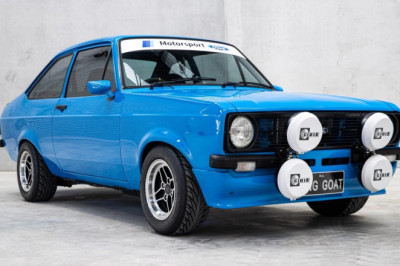
A top motoring expert has stressed road users should avoid filling up their petrol and diesel cars at peak times and rush-hour after 5pm. Gordon Wallis, spokesperson from Your NRG, also stressed that road users should avoid topping-up their tanks just after midday when workers are on lunch break.
The specialist claimed that prices tend to be lower away from busy times, meaning motorists could secure a better deal. Likewise, petrol stations are likely to be packed after work, meaning motorists could waste time sitting in queues. Gordon issued the advice as part of a range of tips for petrol and diesel road users this summer.

Gordon said: "A common misconception is that filling up your car late in the evening when temperatures are cooler can save money because fuel is denser.
“While small changes in fuel volume due to temperature can affect fuel efficiency, the difference is usually very small and can only save pennies per fill-up, though it can add up over time for careful drivers.
"It's a good idea to fill up your gas tank during late evenings or early mornings because fewer people buy fuel, so the prices are lower. Drivers should try to avoid filling up during midday or after 5 pm when most people are done with work as queues can quickly form."
Gordon isn’t the only expert to stress the importance of visiting petrol stations at certain times of the day. Rebecca Bebbington, Personal Finance expert at NetVoucherCodes, stressed that “off-peak hours” were ideal to secure the best rates.
She explained: “Petrol prices can fluctuate throughout the day, with prices typically lower during off-peak hours. Try to fill up your tank early in the morning or late at night to take advantage of potentially lower prices.
“Avoid peak times such as midday and after 5pm when the majority of the country finishes work.” Analysis from RAC Fuel Watch shows the cost of petrol and diesel fees has risen slightly over the past couple of weeks.
Data from the fuel experts claim the average cost of Unleaded Petrol stands at 135.03p per litre, up on the 132p per litre recorded in June.
Average diesel costs were also up from 134.64p per litre in July to stand at 142.92p in August. It means even a small saving on fuel fees could make all the difference for those already struggling with car ownership budgets.














